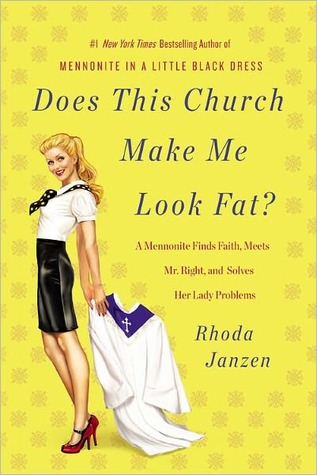The Invisible Kingdom: Reimagining Chronic Illness by Meghan O'Rourke
Published by Riverhead Books
Publication date: March 1, 2022
Genres: Book Clubs, Non-fiction, Health, Memoir

Bookshop
I don’t often discuss personal issues in this blog, but for those of you who have been around long enough, you know I have multiple sclerosis. Recently, I read a book that resonated so deeply with me I knew it could have the same impact on other readers. The Invisible Kingdom: Reimagining Chronic Illness by Meghan O’Rourke is a memoir of sorts about the slippery, nasty nature of the kinds of diseases more and more Americans are experiencing. Auto-immune diseases such Type 1 diabetes, lupus, rheumatoid arthritis, IBD, among others; invisible diseases that cause intense pain and discomfort, but without the visible effects found in traditional illness.
The Invisible Kingdom is about the decades it takes O’Rourke to get a diagnosis for her illness and what she goes through. It’s hard to express how the opening chapters made me feel, but it’s like finally being seen and understood, even though O’Rourke doesn’t have MS. If you’re living with a chronic disease there’s tremendous comfort in that because even the most compassionate people can’t understand what they can’t see and the toll it takes. More importantly, doctors don’t like problems that can’t be labeled and solved. To be fair, neither do patients. We want an answer, a pill, whatever will make this stop. All of which is exacerbated by a healthcare system that only allows doctors 15 minutes with a patient and encourages speedy, traditional solutions.
O’Rourke is a writer so she’s able to convey a lot of research and jargon in an easy-to-read way. She explores chronic illness on a macro and micro level and her writing is beautiful. The book is split into 3 parts: Obstacles, Mysteries, and Healing and covers so many important elements of living with chronic illness. There’s her journey, the research into auto-immune diseases, the medical community and how women are treated (according to most fatigue is almost always a sign of depression or anxiety), what it’s like for caregivers and loved ones, and finally, what she’s learned for her own life.
Reading The Invisible Kingdom was a journey, one where I initially found myself falling into the traps of a sceptic. Why couldn’t O’Rourke feel better? Did she have buried emotional issues? She was in her late 20s and 30s, how could she be so debilitated without answers? Her blood work, gallons and gallons of it again and again, shows no major signs of anything that would cause such problems. What I learned is that for as much as the medical and scientific community knows, there are still undiscovered universes hidden in the human genome. The easiest example: two people, same race, age, social and economic status get COVID in 2020. One has a bad cold, the other ends up on a ventilator and dies. Why? Because we don’t understand the impact of viruses on the individual genetic structure.
All of which means there’s a lot of work to be done. As O’Rourke points out:
In chronic illness, the patient does not have a problem that can be solved quickly but a disease to be managed, physically and psychologically. Such illnesses can be intractable, messy, mysterious. And doctors don’t like to manage; they like to fix.
This leads me to the only caveat I have for anyone who wants to read The Invisible Kingdom: it’s not a book of answers. The key takeaway is there are NO answers. They don’t know what causes multiple sclerosis; my symptoms may or may not match up with another’s. Additionally, auto-immune diseases travel in packs and once one settles in, it’s very likely others will follow and their symptoms can mimic or compound other issues. They’re sneaky bastards. At best, O’Rourke posits that the old healthcare model needs to be thrown out and a new one created. One based on uncomfortable, unsettling concepts such as uncertainty. The entire medical and scientific community needs to accept that just because they don’t have all the answers doesn’t mean they can’t help. For anyone whose life is impacted by an auto-immune disease The Invisible Kingdom is reading I highly recommend.
This post contains affiliate links which means if you click on a link and make a purchase, I get a small commission (at no cost to you).




